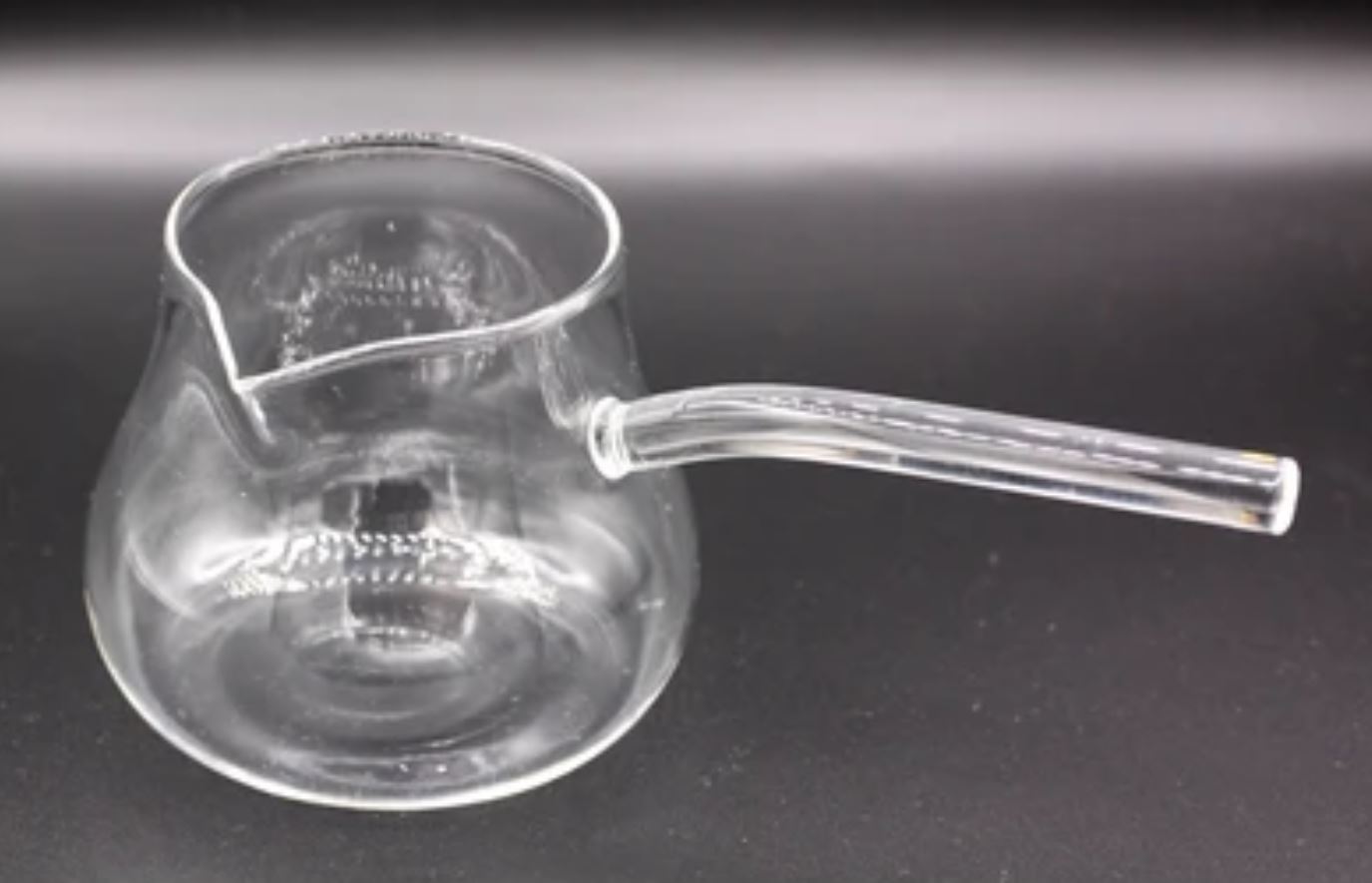Borosilicate glass is a type of glass that is made with a combination of boron and silica. These materials give the glass a number of unique properties, such as a high level of thermal resistance and low thermal expansion.
These properties make borosilicate glass a popular choice for a variety of applications, including laboratory equipment, cookware, and kitchenware. However, one question that often arises is whether or not borosilicate glass is microwave-safe. In this blog post, we will explore this question in depth.
What is borosilicate glass?
Borosilicate glass is a type of glass that is made by adding boron to the traditional silica-based glass recipe. This addition of boron changes the way the glass behaves when exposed to changes in temperature.
For example, borosilicate glass has a very low coefficient of thermal expansion, which means that it doesn’t expand or contract much when heated or cooled. This property is what gives borosilicate glass its excellent thermal resistance, making it able to withstand extreme temperature changes without breaking.
Another key property of borosilicate glass is its high chemical resistance. This means that it is not easily affected by acidic or alkaline substances, making it an ideal choice for laboratory equipment and cookware. Borosilicate glass is also known for its clarity and transparency, which makes it a popular choice for glassware and other items that need to be see-through.
When compared to traditional glass types such as soda-lime glass, borosilicate glass is more durable and has better heat resistance. However, it is also more expensive to produce.
How borosilicate glass behaves in the microwave
The low coefficient of thermal expansion and high chemical resistance of borosilicate glass make it an excellent choice for use in the microwave. Because it doesn’t expand or contract much when heated, it is less likely to break or crack when exposed to the high temperatures generated by a microwave. The chemical resistance of borosilicate glass means that it won’t react with any acidic or alkaline substances that may be present in the food being heated.
However, it’s important to note that while borosilicate glass may be able to withstand the heat and radiation of a microwave, it may not be able to withstand the mechanical stress of being moved in and out of the microwave. So, it’s important to handle borosilicate glass containers with care when using them in a microwave.
Another point to consider is that borosilicate glass is not completely microwave safe. When exposed to high temperature, it can cause thermal stress, which can lead to the glass cracking or breaking. So, it’s always better to check the manufacturer’s instructions for microwave usage.
Final Thought
Borosilicate glass is a highly durable and heat-resistant material that is well-suited for use in the microwave. Its low coefficient of thermal expansion and high chemical resistance make it less likely to break or crack when exposed to the high temperatures generated by a microwave. However, it’s important to handle borosilicate glass containers with care when using them in a microwave, and it’s always better to check the manufacturer’s instructions for microwave usage.


1 thought on “Is Borosilicate Glass Microwave-Safe?”